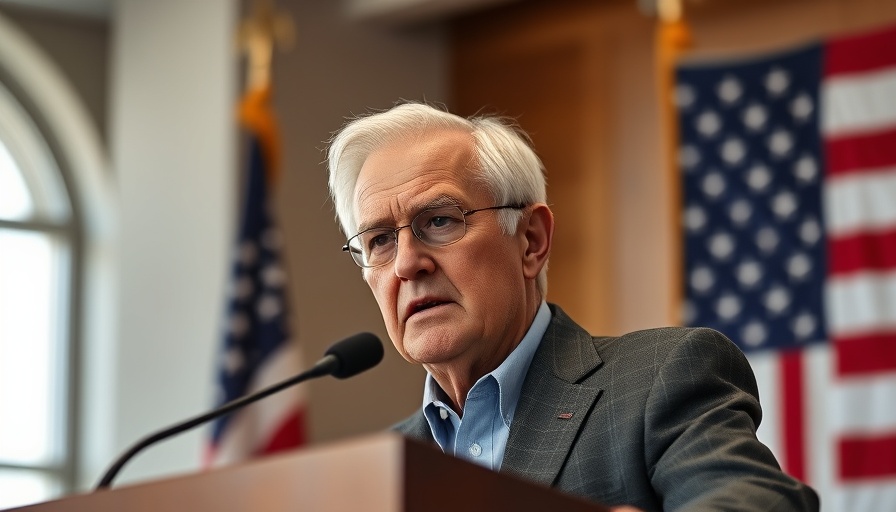
CDC Eases COVID Vaccination Recommendations: A Cautious Shift
The U.S. Department of Health and Human Services (HHS) has chosen to lift COVID-19 vaccination recommendations specifically for healthy children and pregnant women. This pivotal decision reflects growing concerns over the risks associated with these vaccines, yet it underscores the urgent need for more comprehensive reassessments of the COVID vaccine landscape.
Understanding the Implications
By easing these recommendations, Secretary Robert F. Kennedy Jr. signals a transition that may influence public perception and healthcare decisions among expectant mothers and parents alike. Many parents have expressed apprehension about vaccine safety regarding their children's health, and this shift may validate those concerns.
What Lies Ahead for Vaccine Policy?
While this may seem like a step in the right direction, critics argue that the announcement falls short of addressing broader issues surrounding mRNA technology, which has faced scrutiny since its inception. Experts call for a thorough review of vaccine protocols to ensure that safety persists over policy preferences. Failures to dismantle perhaps the most scrutinized aspect—the mRNA fraud narrative—pose potential risks for the future of vaccine trustworthiness.
A Broader Perspective on Health and Safety
The decision by the CDC comes amid a greater discourse on health autonomy and informed consent in vaccinations. Social media and advocacy groups continue to raise alarms about vaccine-induced complications, leading to distrust among segments of the population. The ethical dimensions of medical mandates remain contentious, particularly for vulnerable groups such as children and pregnant women.
What Parents Need to Know
As parents navigate vaccine decisions, understanding current recommendations and underlying risks is paramount. Open discussions with healthcare providers who respect informed choices can empower families to make tailored healthcare decisions. Staying informed on emerging research and guidelines will be crucial as the landscape continues to evolve.
The public’s health and safety depend on ongoing transparency and honesty from government and medical institutions alike. These discussions should not only focus on policy changes but also on how they impact trust between healthcare providers and the communities they serve.
 Add Row
Add Row  Add
Add 




 Add Row
Add Row  Add
Add 



Write A Comment